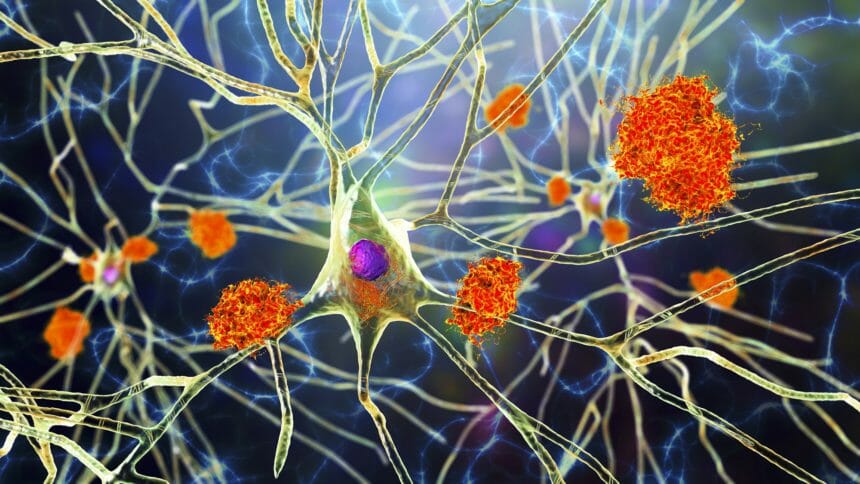
Drugmakers Eisai and Biogen are putting the Food and Drug Administration to the test with a request to approve an Alzheimer’s drug that works like aducanumab (Aduhelm), the new, yet controversial, brain plaque-reducing therapy.
On Monday, Japanese drugmaker Eisai, a partner in Alzheimer’s research with Biogen, announced that it had applied for approval of its drug lecanemab months earlier than expected, according to BioPharma Drive.
Lecanemab has a spotty clinical trial record, as did Aduhelm, the pharmaceutical news outlet reported. The drug did not appear to be working one-year into a mid-stage trial, but unexpectedly showed signs of success at high doses at 18 months. Like Aduhelm, it is meant to treat Alzheimer’s early in the disease course. The new application for approval does not specify a recommended dose level.
The FDA has been criticized for approving Aduhelm despite a unanimous recommendation not to approve the drug by its own independent vaccine advisers. Three of its advisory panel members resigned in protest following the approval.
In the meantime, there has been more bad news for Biogen, the maker of Aduhelm. Brain imaging abnormalities — a known risk — have been reported in more patients taking the drug, according to EndPoints News. With these and other troubling safety signals, the company is facing pushback from insurers and physicians, the news outlet reported.




